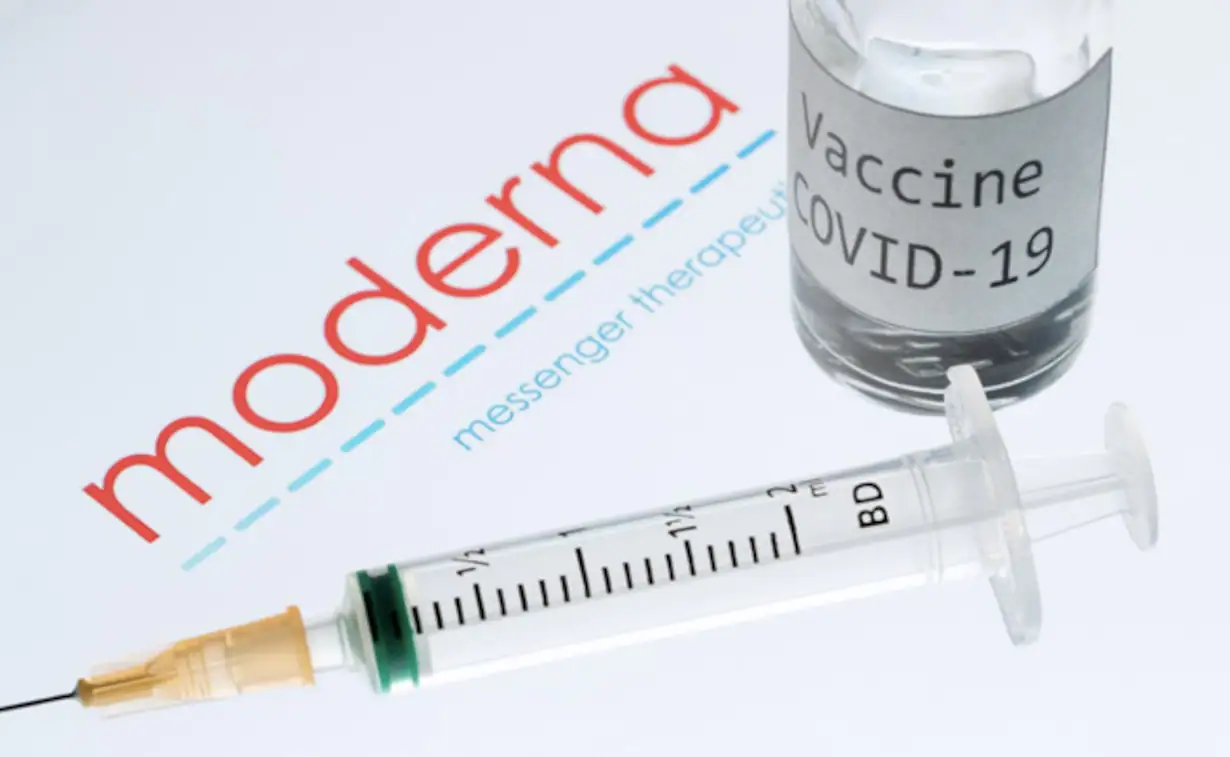A closer look at the analysis, published May 11 in the New England Journal of Medicine (NEJM), finds the trial results showed the vaccine provided meager benefit when compared to risk, and the study was too small to assess serious and known adverse events such as myocarditis and pericarditis in children of this age.
The authors of the NEJM paper admitted their findings were limited because too few cases of COVID-19 occurred in this time window. They instead calculated a Vaccine Efficacy (VE) of 88% based on infections occurring 14 days after the first injection.
In the vaccine group, 94% of children experienced a local adverse reaction after the first dose, and 95% experienced a local adverse reaction after the second dose.
Local adverse reactions include pain, redness or swelling at the injection site or in proximal lymph nodes.
Also, according to the trial results, 58% of vaccine recipients suffered a systemic adverse reaction after the first dose, and 78% suffered a systemic adverse reaction after the second dose.
READ ALSO: Nearly 30,000 deaths recorded in US after COVID Vaccines, CDC data show
Systemic reactions include fever, chills, headache, muscle/joint pain, nausea, vomiting and fatigue.
The majority of these adverse reactions were mild. However, 4.1% of the vaccinated children experienced Grade 3 local and systemic reactions after the first dose, and 12.2% of vaccinated children experienced Grade 3 local and systemic reactions after the second dose.
Unsolicited events are those independently reported by a participant to investigators. There is generally a degree of underreporting of these adverse events because the reporting requires the participant to initiate the report, rather than reply to a survey initiated by someone else.
In the Moderna Phase 2 and 3 trials, only three of these unsolicited adverse events were classified as serious. All three were deemed unrelated to the vaccine by the investigators.
However, the study reported only those unsolicited adverse events that occurred with a greater-than-1% incidence.
In other words, with a vaccinated pool of children of approximately 3,000, if fewer than 30 children had a particular adverse event, it was not reported in the trial results.
The investigators admit their analysis of the vaccine’s efficacy is limited because of the limited number of cases that occurred during the study.

 Football5 days ago
Football5 days ago
 Aviation1 week ago
Aviation1 week ago
 Aviation6 days ago
Aviation6 days ago
 Featured3 days ago
Featured3 days ago
 Comments and Issues5 days ago
Comments and Issues5 days ago
 Education4 days ago
Education4 days ago
 Business4 days ago
Business4 days ago
 Education6 days ago
Education6 days ago

